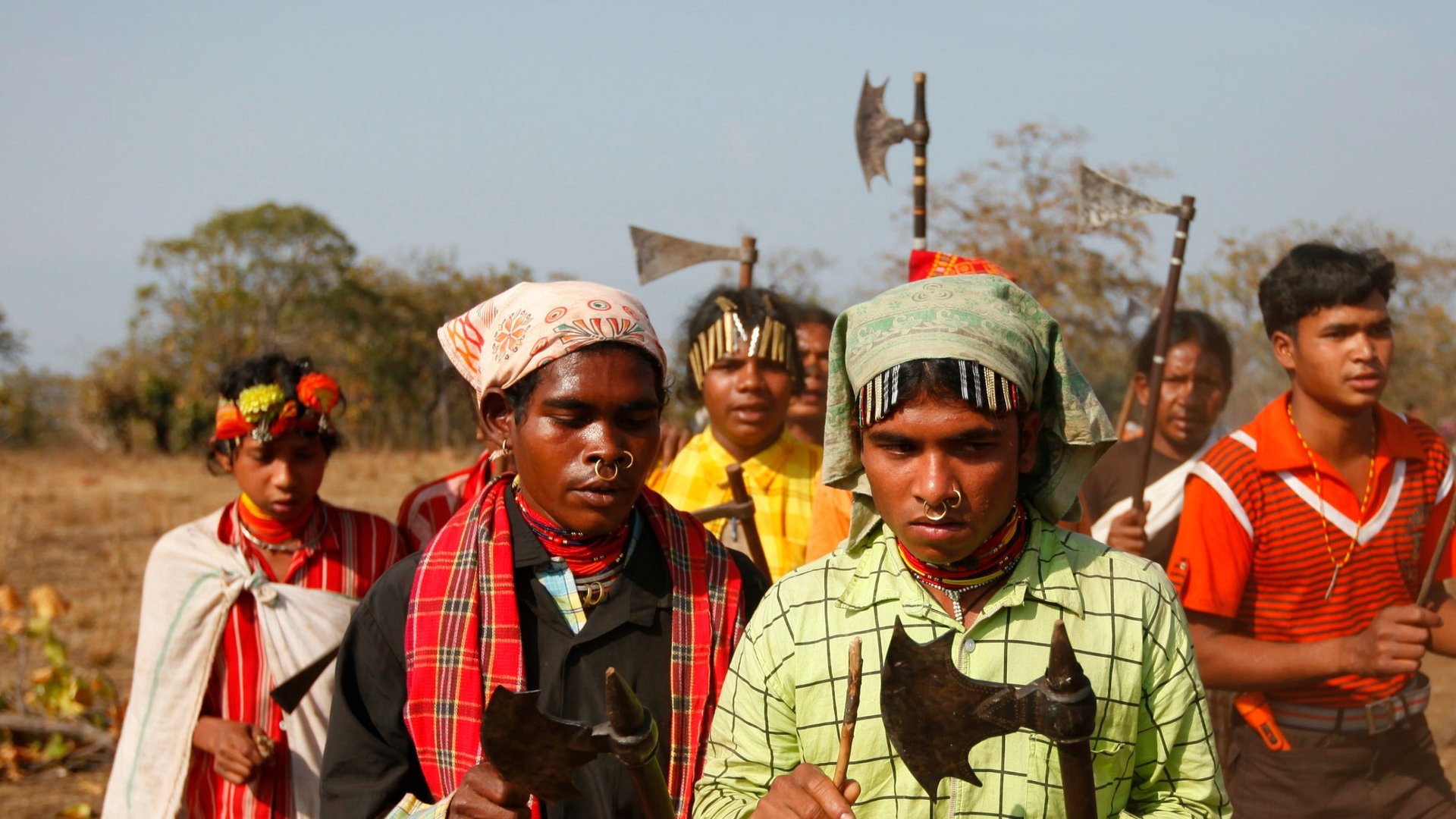A tiny tribe in India stands in the way of a $1.7 billion project and a mountain of aluminum ore
In a remote corner of eastern India’s Odisha province, some of the country’s most marginalized people are deciding whether a $1.7 billion bauxite mining project should be allowed on their land.


In a remote corner of eastern India’s Odisha province, some of the country’s most marginalized people are deciding whether a $1.7 billion bauxite mining project should be allowed on their land.
It is an unusual exercise in the world’s largest democracy where big corporations regularly domineer disapproving locals. And the early signs aren’t encouraging for the London Stock Exchange-listed Vedanta Resources, which is hoping that the tribes of this region, particularly the population known as the Dongaria Kondh, agrees to its proposition.
Vedanta wants to mine the rich bauxite (aluminum ore) reserves atop the Niyamgiri hills, spread across Odisha’s under-developed Kalahandi and Rayagada districts, but these picturesque, forested mountains are held sacred by tribes like the Dongaria Kondh that depend on it for their religion and the place they call home.
That is why in the first three village hearings that will decide the fate of the mining project, as directed by India’s Supreme Court in April, there has been near-complete rejection of Vedanta’s plans for Niyamgiri.
On July 19, the Dongaria Kondhs of Serkapadi village denied Vedanta permission, followed by those from Kesarpadi on July 22 and the villagers of Tadijhola on July 23. There are nine more meetings due to be held in the villages surrounding the Niyamgiri hills.
“The Niyamgiri is our revered God; we have been worshiping it for thousands of years,” said Gobind Sikaka, a Kondh from Serkapadi on July 19, “If anybody takes away Niyamgiri hills from us, it will undermine our religion and faith and the Dongaria Kondh tribe will perish.”
For the Dongaria Kondh, this isn’t the first taste of Vedanta Resources’ plans and promises. Vedanta Aluminium Limited (VAL), a subsidiary company of the FTSE 100 Vedanta Resources, already operates a 1 million tonnes per annum (MTPA) aluminum refinery in Lanjigarh, at the foot of the Niyamgiri hills. It wants to expand this into a five MTPA facility. Therefore, the demand for more raw material, much of it available in close proximity and easy to extract.
But in 2010, VAL drew severe flak from India’s federal environment ministry, which said the company (pdf) was not only in “illegal occupation of 26.123 ha (hectares) of village forest lands” in Lanjigarh, but had also begun its expansion project “without obtaining environmental clearance.” Moreover, the ministry denied VAL environment and forest clearance for the mining project, despite previous approvals.
Meanwhile, protests against the mine, which had begun early that year, grew so strong that the Church of England sold its stake in Vedanta Resources. The Church, which reportedly has an investment portfolio of about £5.5 billion ($8.4 billion), said that it was “not satisfied that Vedanta has shown, or is likely in the future to show, the level of respect for human rights and local communities” that it expected.
Not long after, state-owned Orissa Mining Corporation, which partners with VAL in the Niyamgiri project, challenged the environment ministry’s decision in India’s Supreme Court.
In an 81-page order on April 18 this year, the court said that, among other issues, the religious rights of the Niyamgiri tribes “has to be preserved and protected” and called for gram sabhas (village meetings) to take a call, before informing the environment ministry of their stand.
Whether they can win will depend not only on a few of India’s much-ignored tribes, but also the authorities’ ability to hold free and fair hearings. That is often easier said than done, especially with so much at stake.